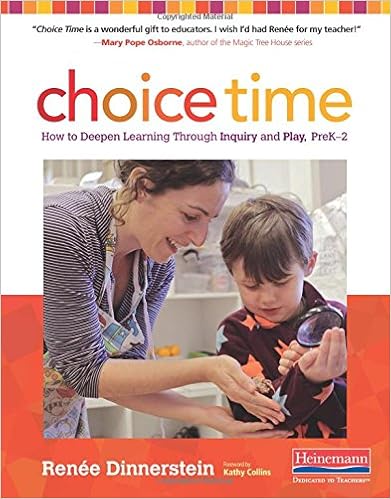The title of this post might give the impression that I'm giving engagement a bad rap. Engagement is a good thing. It increases the odds that students will willingly get on the bus. Yet empowerment invites them to sit in the driver's seat. I have been on a quest the last few years, with the help of the Idaho Coaching Network, to find ways to move students to the front of the bus more frequently. Though I can confidently claim that I'm heading in the right direction, my pursuit of increasing empowerment has left me with more questions than answers. This post is a short and sweet summary of this journey.
My narrative began with the following essential question.
How can I empower my students by creating more opportunities for inquiry, curiosity, and research?
This question led me to the following books.
These books led me to the following inquiry projects.
Although reading these books was the right and best place to start, they still left me with numerous questions.
What does inquiry look like on a daily basis?
How does it look different at the beginning of the year as opposed to the end?
How do I scaffold the research process with young students who can't easily access texts or resources?
How do I still teach required curriculum?
How do I find comfortable and manageable routines, while at the same time, keeping it fresh?
It's a good thing there is expiration date on finding answers to my questions. Next year, I plan to continue iterating and building on all that I've put in place. Though I have very few answers, I choose to take David Wolfe's advice when he says, "Until further notice, celebrate everything."























